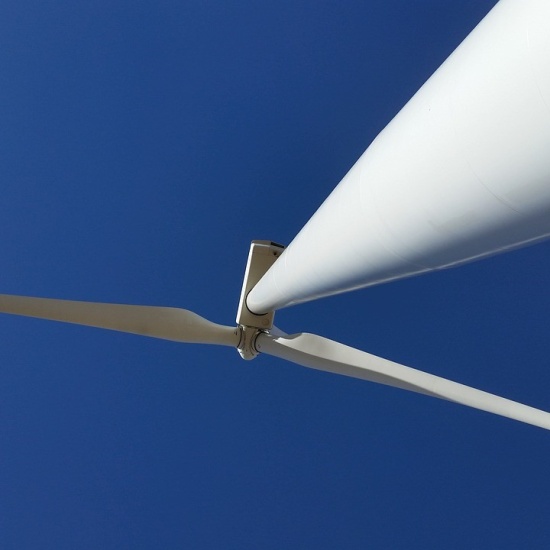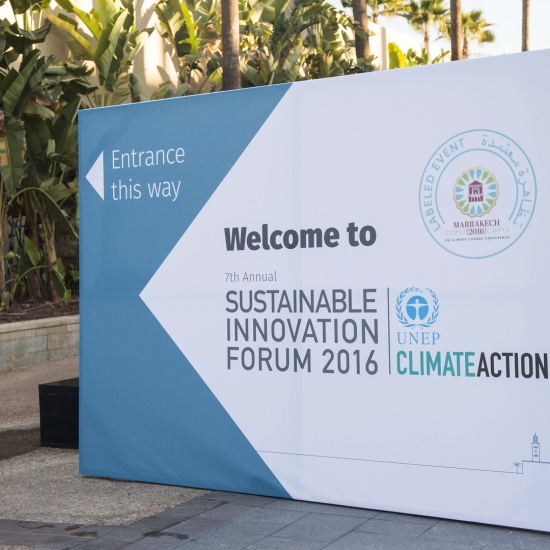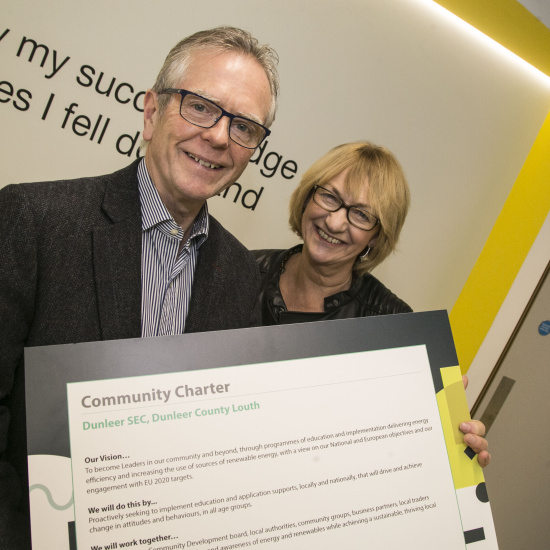"Stat Chat" - Getting Animated about Energy
If you get as 'animated' about sustainable energy as we do in SEAI, then you'll enjoy watching our new series of 'micro-videos' that help secondary school students understand key questions on climate change.
Just in time for Science Week 2023, SEAI has released five animated 'micro-videos' for secondary school students that help answer key questions on climate change and energy sustainability in Ireland. Questions like - Where does our energy come from? Who are Ireland's biggest emitters of greenhouse gas? What is a carbon budget? Does Ireland really matter globally? What can we do to help?
These videos were a collaborative effort across SEAI's statistics team, education & youth team, and marketing team, with external input from teachers, education communicators, and graphic designers. We really enjoyed making these videos, and we hope you enjoy watching them!
Watch the videosWhether it's answering a question about home energy upgrades, offering a grant to help buy an EV, or publishing a technical report on renewable energy, almost everything SEAI does is geared towards supporting Ireland's adults. But the young people in secondary school today will be consumers, voters, and decision-makers in 2030 - the legal deadline for halving Ireland's greenhouse gas emissions - so they deserve some of SEAI's attention, too!
However, secondary school students don't generally own a house or a car that SEAI can help make more sustainable, so the best we can do is inform and empower them about climate change and energy sustainability in a relatable way. Our five new micro-videos are designed to introduce young people to key facts-and-figures about climate change, and to link climate-challenges to workable climate-solutions, to help minimise any feelings of climate anxiety or powerlessness. The statistics in the micro-videos come from SEAI's Energy in Ireland report, and the actions come from the Government's Climate Action Plan, so they genuinely speak to real-world policies and measures that are shaping how Ireland will look in 2030 and beyond.
Whether watched at home or used as a tool to prompt teacher-led discussions in the classroom, we've designed the micro-videos to be engaging and understandable to 12-15-year-old students. This is an important age to engage young people on climate change for two reasons. Firstly, it's when they start to form independent opinions and beliefs. Secondly, it's when they start to supplement in-school education with curiosity-led 'own learning', increasingly using online sources. In a world full of misinformation and disinformation on climate change, SEAI and other trusted national agencies have a key role to play in engaging and informing young people. We have a responsibility to put in the extra effort to create content that is relatable and accessible to students and to help them develop evidence-based opinions about the world in which they are growing-up.
Going forward, SEAI aims to produce a new series of these 'facts first' micro-videos every year, shifting the focus of each series to whatever climate or energy topic is most relevant at the time. Additionally, we are working to supplement these with online quizzes and other interactive resources to help students and teachers explore this topic more deeply.
We'd love to hear back from students, teachers, and parents on how this year's micro-videos could be improved. If you have feedback, then please fill out this form.
You can use the #SEAISchools hashtag to follow and comment on the SEAI micro-videos online.




